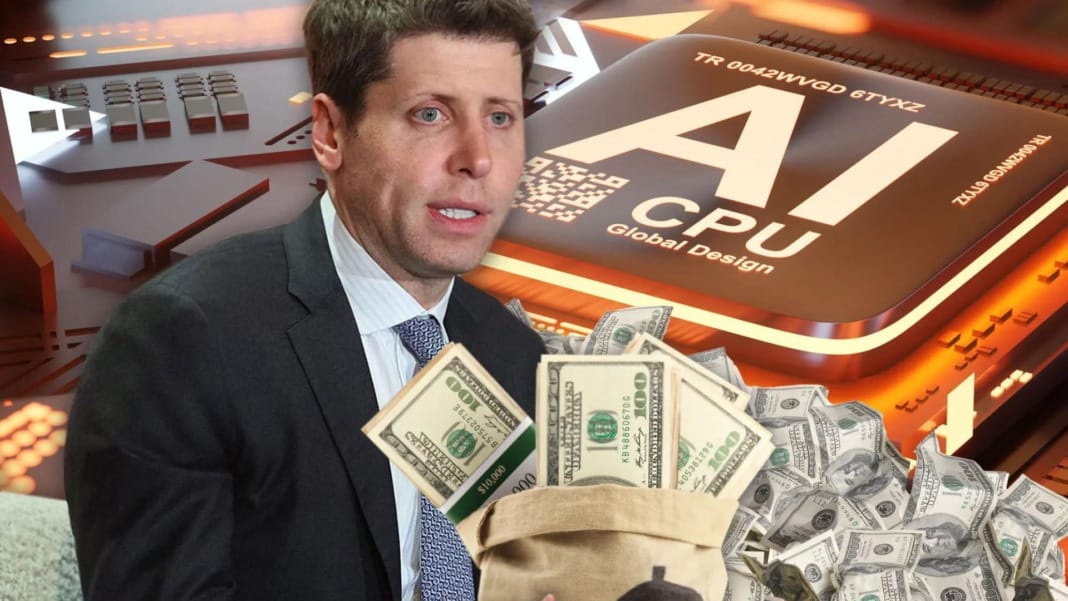OpenAI CEO Sam Altman, well known for his high-profile ventures in Silicon Valley, recently faced rejection from Taiwan Semiconductor Manufacturing Company (TSMC) regarding his ambitious plan to invest US$7 trillion in chip manufacturing plants and AI data centres. According to a report from The New York Times, TSMC’s leadership was unimpressed, dismissing Altman as a “podcasting bro” and raising concerns about the scale and feasibility of his proposal.
TSMC rejected Altman’s grand vision
Altman’s plan to establish 36 new chip manufacturing facilities was met with scepticism during his meetings with major Asian chipmakers, including TSMC, Samsung, and SK Hynix, during a public relations tour last winter. Despite the grand scale of the plan, TSMC executives reportedly scoffed at the idea, especially given the financial risks involved in building such massive facilities.
The US$7 trillion figure—equivalent to trillions in investment spread over several years—aimed to help OpenAI secure its own chip fabrication capabilities. This would allow the AI company to compete directly with giants like Nvidia and even TSMC itself. However, according to the report, TSMC’s senior leadership doubted how Altman’s vision could be financially sustainable, considering the enormous costs and potential risks.
TSMC’s founder and CEO, Dr. C. C. Wei, expressed his doubts about the feasibility of Altman’s goals. During the company’s 2024 Annual Shareholders Meeting, Wei reportedly described Altman as being “too aggressive” in his ambitions, noting that the proposal’s scale was difficult to believe or support.
OpenAI’s financial struggles amid growth
While Altman hasn’t officially confirmed his intention to venture into chipmaking, it’s clear that OpenAI is facing financial challenges. Despite raising significant funding—US$13 billion from Microsoft in 2023 and reports of an additional US$6.5 billion in the pipeline—OpenAI’s annual losses continue to mount. According to a report from The Wall Street Journal, the company’s revenue is US$4 billion annually, yet it reportedly loses nearly US$7 billion annually.
This financial strain may partly explain Altman’s attempts to secure investment from chipmakers to support his vision of artificial general intelligence. However, with senior executives such as CTO Mira Murati, CRO Bob McGrew, and senior research executive Barret Zoph all recently resigning, investor confidence in the company may be further shaken. The company’s ongoing transition from a nonprofit to a for-profit structure could help attract more investment, but with mounting losses and executive turnover, the road ahead appears challenging.
I just shared this with OpenAI: pic.twitter.com/1gTCbigdsS
— Bob McGrew (@bobmcgrewai) September 26, 2024
Uncertain future for Altman’s chipmaking ambitions
Altman’s proposal to enter the chipmaking industry remains uncertain, especially following the cold reception from TSMC. While his ambition to compete with industry giants is clear, the financial realities and technical challenges may prove too steep for a well-funded company like OpenAI.
Altman and OpenAI are focused on securing more funding and stabilising their executive team as they navigate their next steps in AI development and potential chipmaking ventures.





